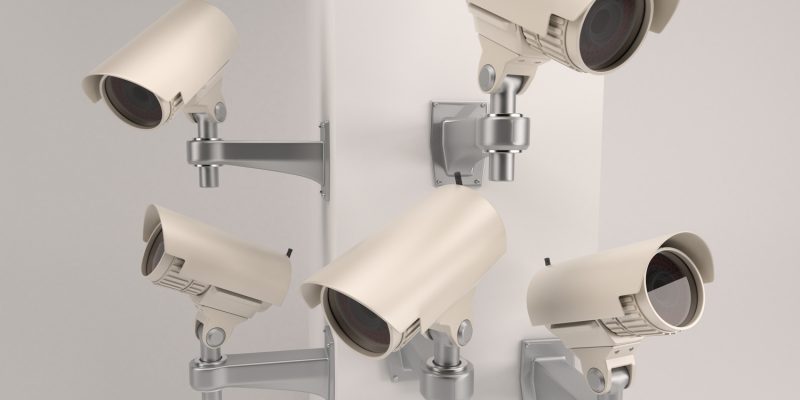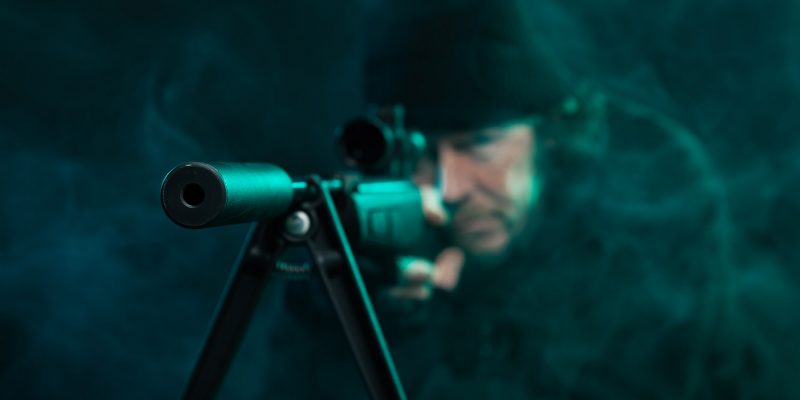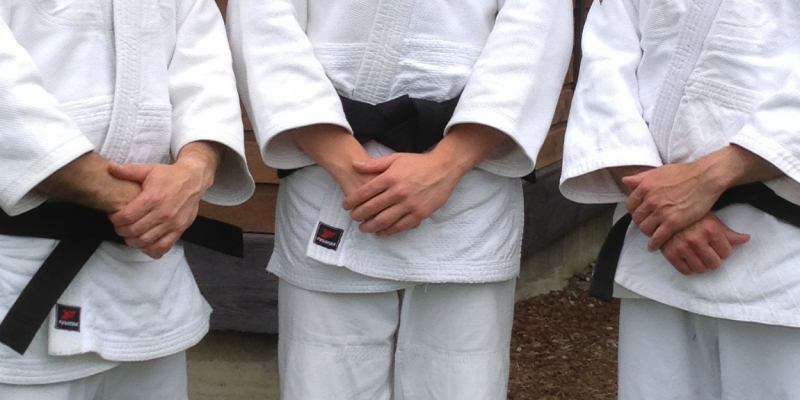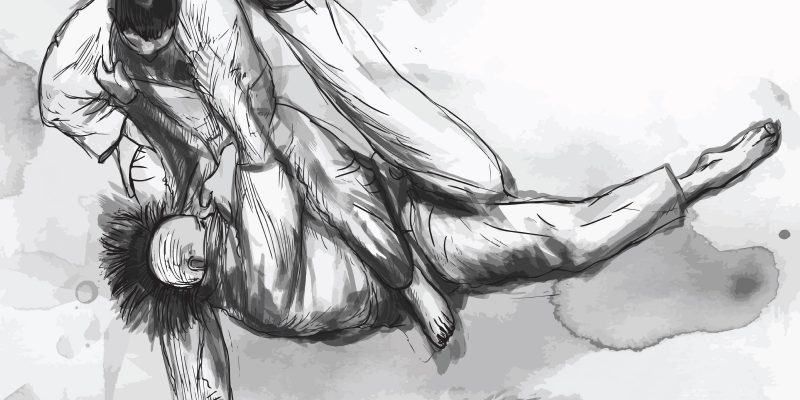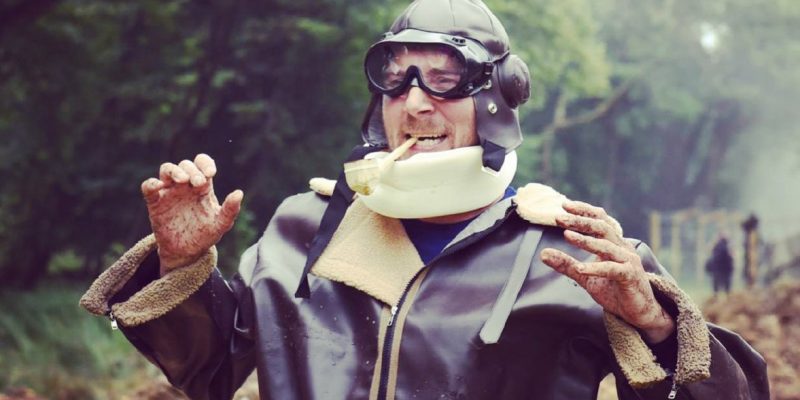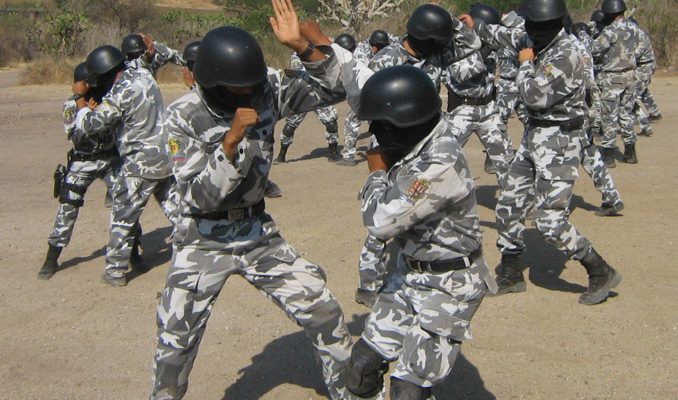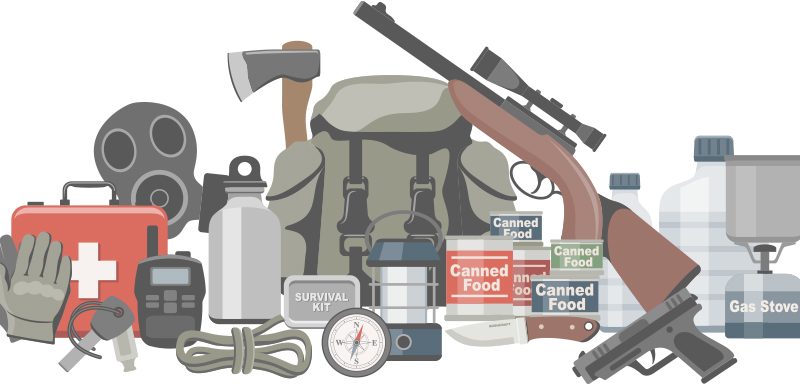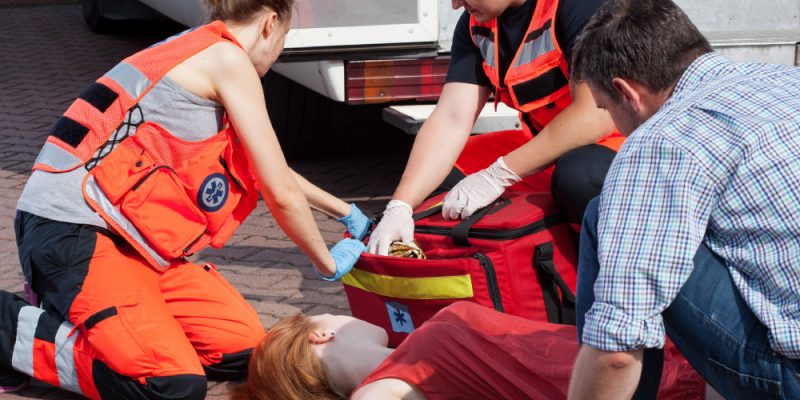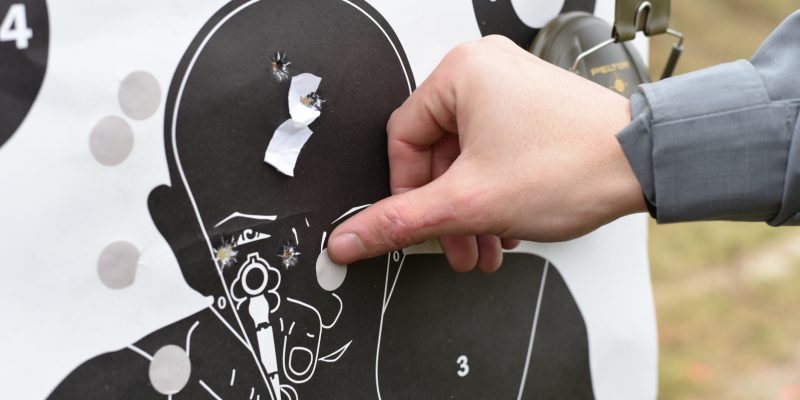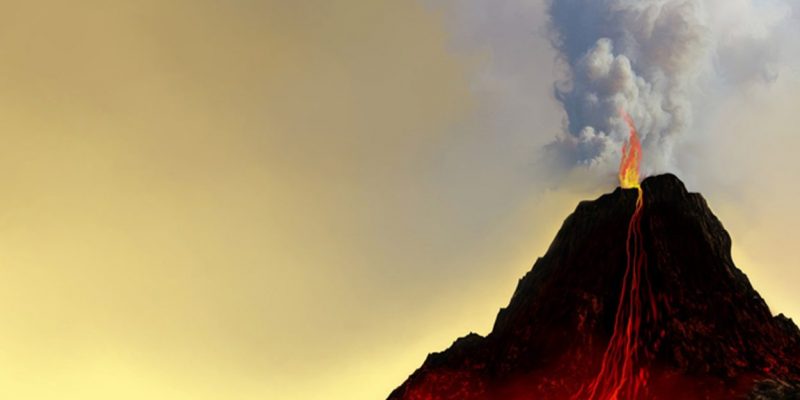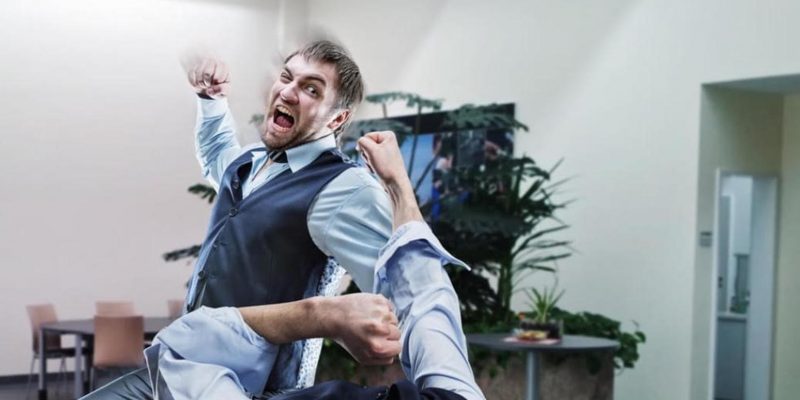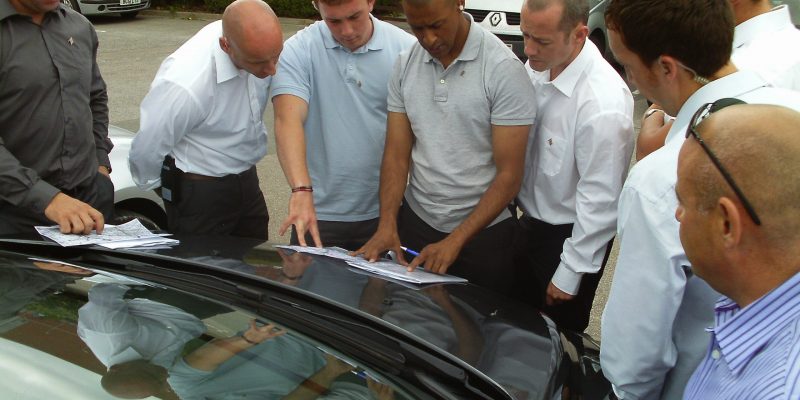Given the nature of close protection and the conditions under which operators are expected to perform, it is imperative for those providing protective services to be highly developed, multi-disciplined individuals. However, beyond the obvious technical skills reqauired to execute well-drilled procedures, modern operators are expected to display more nuanced skills such as emotional intelligence, candour, judgement and resourcefulness to list but a few. So, how can understanding our personality type help us become better in our roles as close protection operatives? To answer this, we need to have a basic understanding of the factors influencing the various personality traits.
Anti-Surveillance Measures When Mobile
Anti-surveillance is defined as the actions that a person would take or do, in order to detect if surveillance is present. The person is aiming to draw the surveillance in by generating two things; multiple sightings and unnatural behaviour. As with our foot anti-surveillance drills, when mobile in a vehicle, these drills can also be covert and subtle or overt where it obvious to the followers what you are doing.
Countering Snipers Part 2
The first step in countering snipers is for everyone to be aware of the threat. This is where a threat assessment needs to be compiled and the realist threats need to be identified, if potential snipers are a threat then procedures need to be put in place.
In general, operational planning for a sniper threat should always be considered to some extent. Not only should counter sniper procedures be planned for but they need to be practiced, your people need to be trained at least in the basic reactions to fire and the use of cover, preferably before they are exposed to the sniper threat.
I am a late developer
I left school at the age of sixteen with just three, very poor, O levels. Following that I floundered around doing various blue collar jobs: I’ve been a postman, a railway guard and a warehouseman, just to name three of the 20-odd occupations I have had.
I went to college and became a qualified secretary at the age of 30(ish) and after a prosperous career as a sports journalist, I went to University to get a degree in psychology at the ripe old age of 50.
Starting Out
After a hard training session, I was having a well earned pint of Guinness with my Jujitsu Instructor. It was over this pint that I learned that his day job was teaching unarmed combat and restraint techniques throughout the UK. “You jammy bugger!” I thought. This was the seed, the niggling idea at the back of my mind, and that was 13 year
Field Report
How many times had I asked myself the question ‘what the bloody hell am I doing here?’ God only knows. I will admit though, these days I don’t need to ask that question as much and in the same context as I used to. Going from operations to administration and then onto training over a 12 year period means that I have somewhat of a luxury ride now. Monday to Friday hours, holidays with the kids and only occasional weekend interruptions when courses are on or we are undertaking professional development with our trainers / clients etc. My venture into the world of close personal protection has been an eventful one; nothing spectacular or heroic, but a learning curve nonetheless
Key Points to Being a Good Bodyguard
For long-term assignments, it is very important to build up a rapport with your client / VIP and anyone else associated with the operation. Effective and good communications will not only assist you with having an easier and less stressful assignment but also keeps you up-to-date on the client’s day to day activities
Utility of Force
Physical violence is a fact of life. Those of us involved in the security industry are in the front of the queue when it comes to people wishing to cause us harm. It is right that we are held to account and it is right that we are taught and encouraged to use de-escalation techniques, but at the moment we and those we are dealing with are in greater danger than need be because the training is inadequate.
The Great Escape
It seems like a mad idea: an adventure where people willing sign up to break out of a prisoner of war camp and then go on a gruelling obstacle course run behind enemy lines.
Task, Threat and Environment
Task, Threat and Environment, The Mindset of Protective Services Professional. This is a mindset that goes beyond situational awareness, knowledge, or even foresight but rather a collection of them all into a cycle which must be constantly in rotation. The items listed are the most paramount on the task list of a security professional engaged in protective services.
14 Lessons For Operating Training Programs in Foreign Countries
Based on his considerable knowledge and experience as a trainer and of operating training programs in foreign countries, Orlando Wilson shares these 14 lessons on how to deal with situations rarely encountered in the Western world.
How to survive a course you hate
This article is give you some tips for how to survive this course (basically, attend, do any associated coursework, and get your tick in the box without hurling yourself off a cliff). Sounds impossible? Probably, but I’m going to try anyway.
Work by Day, Study by Night
It is not often that you can say that you have your cake and are eating it too, but part-time postgraduate study alongside working in the industry can actually be one of those times. The prospect of leading a dual life – employee one day and student the next – may not seem overly exciting […]
Vehicle Security Tips: How to Stay Off the ‘X’
Providing protective services requires a mind set that differs dramatically from the norm. This line of work demands a forward-thinking anticipation of what might occur and developing solutions on how to mitigate those risks. How does this differ from the norm? Half of the people on this planet are categorized into below average intelligence. Humor […]
Making the Transition, Security Operator to Paramedic
We last heard from Jon back in 2013 as he was setting out on his quest to make the career jump from security management to medical responder. At that time he’d just taken his first serious steps in completing a Pre Hospital Medical Technician course, so we thought now would be a good time to […]
Training, A Dying Art Or A Lying Art?
As a Protection Specialist, are you training to develop your skills or are you lying to yourself and your clients about your readiness? Poor security and protection fools no one but the person providing it. Commit to training and making an investment in your future.
This one’s for your family…
This one’s for your family is a support guide for the loved ones and families of active protection agents who wait at home and pray for your safety.
Understanding the Importance of On-going Medical Training
It can be difficult to maintain medical training with the pressures of schedules, but whether it’s online or hands on, the importance of on-going medical training should not be forgotten or underestimated.
Workplace Violence
Workplace violence has quickly become a growing concern for employees across America with as many as two million workers report having experienced workplace violence each year according to BLS within their Census of Fatal Occupational Injuries. With statistics like that it’s pretty obvious there is a shortfall in the system. Specific workplace training is one way which we can begin to address the problem.
Training, Why Is It So Important?
Training is so important for many obvious reasons such as new skill development and progression within an industry or sector but there are less apparent benefits too, such as demonstrating an individuals value, boosting morale and getting more buy-in to the company mission.

